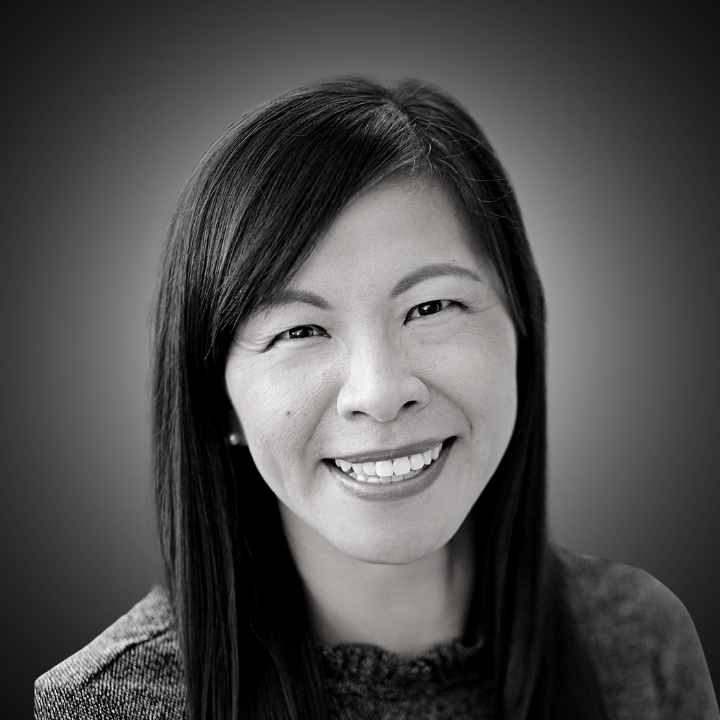In this intimate conversation, our guest, a seasoned pediatric ICU nurse, delves deep into the juxtaposition of her unique professional backdrop with the broader end-of-life conversation. Hear more from Hui-wen Sato at the End Well Symposium on November 16th in Los Angeles.
“I think the most significant societal belief about death and dying that needs to be challenged is the belief that anyone who deals with death and dying is to be pitied because they are only operating on the losing end of things.“
Given your unique background, how does your work intersect with the end-of-life and grief conversation? And, please give us a preview of what you’re talking about on the End Well stage.
I have been a pediatric ICU nurse for the past 13 years, and as such, I have taken care of countless children at the end of their lives, and have grieved with them and the people who love them. I’ve also wrestled a great deal with professional grief in myself and my colleagues. We hold our own affections towards our patients, and work in a space filled with loss and death, day-in and day-out.
I’ve thought a great deal about how difficult it can be for us to cross the ‘great divide’ we can feel between spaces like a pediatric hospital where we see death and dying in kids all the time, and spaces outside the hospital where very few want, or know how, to talk about death and dying. I will be sharing my own personal story on the End Well stage about how I have learned to cross over that great divide, with some particularly unexpected adventures in just this past year.
Cultures around the world have different practices and beliefs surrounding death. How has your cultural background influenced your perspective on the end of life and grief?
I am Taiwanese, but my family came to the United States when I was one year old. I didn’t grow up with any real religious or spiritual background, and my family generally didn’t talk much about issues like end of life or grief. If anything, I would describe my parents as agnostic and very practical, but not emotionally expressive, about what was happening in the moment. Because of this, I was really just developing my own culture as I grew up within this immigrant family.
I became a Christian in junior high, but over time – particularly in my 13 years as a second-career nurse – I’ve had to re-think a lot about what Western Christianity has taught me regarding end of life and grief. Being a Christian doesn’t exempt any of us from the emotional impact of loss, death or grief, and I think a lot of people in the Western Christian culture assume that somehow it does. I believe very much in hope at the end of life, and at the same time, I also think it is tremendously important for us to talk honestly about death and grief, even for people with deep spiritual convictions.
In your experience, what is the most significant societal norm or belief about death and dying that needs to be challenged or redefined?
I think the most significant societal belief about death and dying that needs to be challenged is the belief that anyone who deals with death and dying is to be pitied because they are only operating on the losing end of things. While there certainly is very significant grief that we cannot and should not ignore, there is also a richness and beauty specifically reserved for those who dare to draw closer to experiences involving death and end of life. I never wish loss or grief upon anyone. But because death is a reality for everyone, I wish we could broach this reality with more courageous openness to what we can learn from thinking more intentionally about end of life issues.
How do you hope various professions and disciplines can come together to create a more human-centered approach to end-of-life care and experiences?
I hope that in this day and age when just about every profession and discipline relies heavily on technology and a passion for human advancement, that we all remember the best purpose of technology is to honor our humanity in end-of-life care, not overshadow it. Technology is neutral and impersonal. Used unwisely, it can rob us of some of the most meaningful aspects of human existence. Only humans can insert human-centeredness and dignity into the work of technology. I hope people of all professions and disciplines will constantly assess themselves as to our motives for using technology in the various ways we do in end-of-life care and experiences.
Hui-wen Sato will speak at the End Well Symposium on November 16, 2023.
Hui-wen Sato, based in Los Angeles, is a dedicated pediatric ICU nurse at Children’s Hospital Los Angeles and a poignant writer. Before embracing nursing, she delved deep into research with the frail elderly in nursing homes, an experience that pivoted her towards her current profession. With a voice that resonates in publications like the American Journal of Nursing and the Oxford Handbook of Meaningful Work, she has also been spotlighted in acclaimed platforms such as NPR’s TED Radio Hour and the Speaking Grief Initiative.
